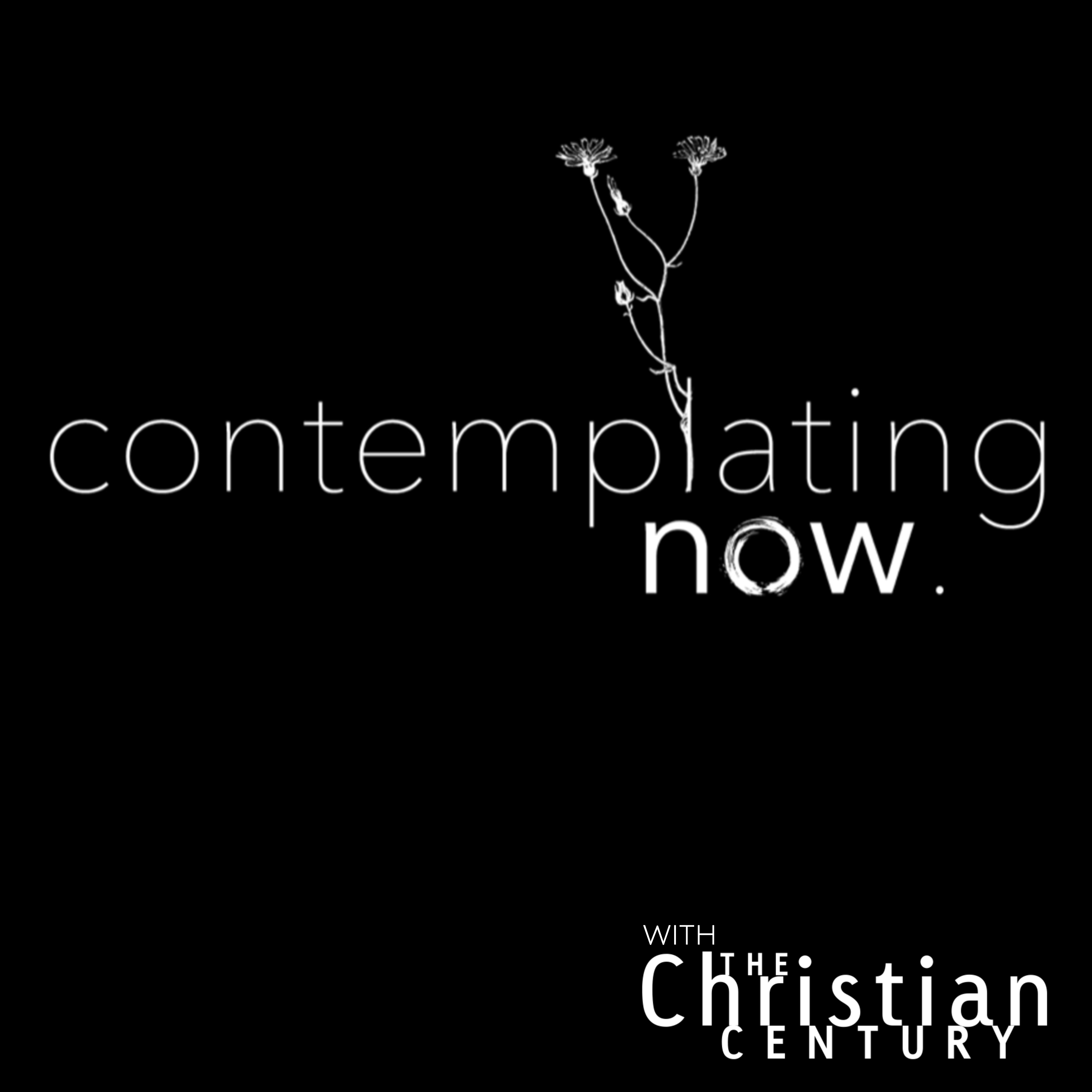The Privilege of Contemplation: A Conversation with Dr. Anthea Butler
August 23, 2021

Dr. Anthea Butler is Chair of the Department of Religious Studies and Professor of Religious Studies at the University of Pennsylvania. Her latest book is White Evangelical Racism: The Politics of Morality in America. Her other books include Women in the Church of God in Christ: Making A Sanctified World. She is also a contributor to the forthcoming book, A New Origin story, The 1619 project out November 2021.
In this episode Dr. Butler talks about the ways in which contemplation can often insinuate privilege, saying “even to say the word ‘contemplative’ at this moment is a word that says ‘privilege’… It means that you have time and most people don’t have time.” And reminds us of the everyday ways in which both contemplation and activism can be yielded to: “We tend to think about contemplation or activism on a big scale, I think we have to think about them as the everyday quotidian things that we do that can engender hope.”
“I think the Christian practice of ‘just leave it to Jesus and everything is going to be alright’ is basically bullshit.”
Dr. Anthea Butler is Chair of the Department of Religious Studies and Professor of Religious Studies at the University of Pennsylvania. Her latest book is White Evangelical Racism: The Politics of Morality in America. Her other books include Women in the Church of God in Christ: Making A Sanctified World. She is also a contributor to the forthcoming book, A New Origin story, The 1619 project out November 2021.
Dr. Anthea Butler is Chair of the Department of Religious Studies and Professor of Religious Studies at the University of Pennsylvania. Her latest book is White Evangelical Racism: The Politics of Morality in America. Her other books include Women in the Church of God in Christ: Making A Sanctified World. She is also a contributor to the forthcoming book, A New Origin story, The 1619 project out November 2021.
In this episode Dr. Butler talks about the ways in which contemplation can often insinuate privilege, saying “even to say the word ‘contemplative’ at this moment is a word that says ‘privilege’… It means that you have time and most people don’t have time.” And reminds us of the everyday ways in which both contemplation and activism can be yielded to: “We tend to think about contemplation or activism on a big scale, I think we have to think about them as the everyday quotidian things that we do that can engender hope.”
Quotes:
Quotes:
“For me, being a contemplative doesn’t mean that you escape society or you escape the world but that you find a place to anchor yourself firmly first of all and then secondarily take care of those things in the ways in which you need to take care of them…”
“We tend to think about contemplation or activism on a big scale, I think we have to think about them as the everyday quotidian things that we do that can engender hope.”
“How can you be contemplative and take a step back when the situation and the society and the murderous ways in which black people get treated in this country continue to happen on a regular loop?”
“even to say the word ‘contemplative’ at this moment is a word that says ‘privilege’… It means that you have time and most people don’t have time.”